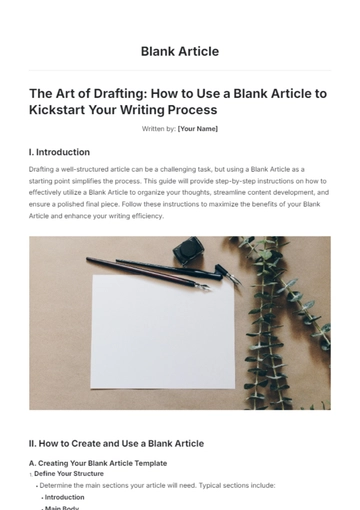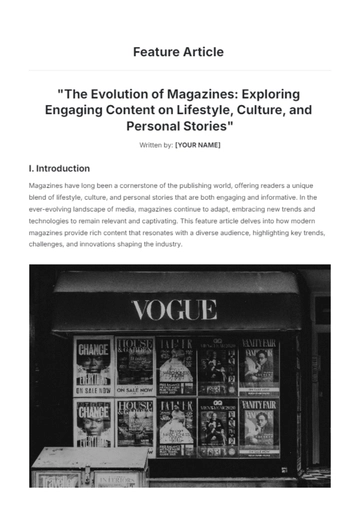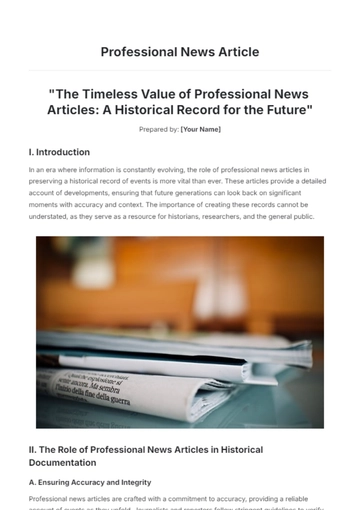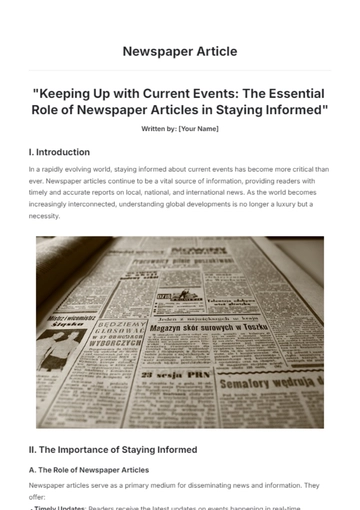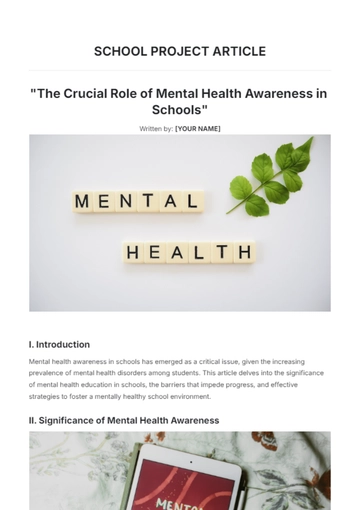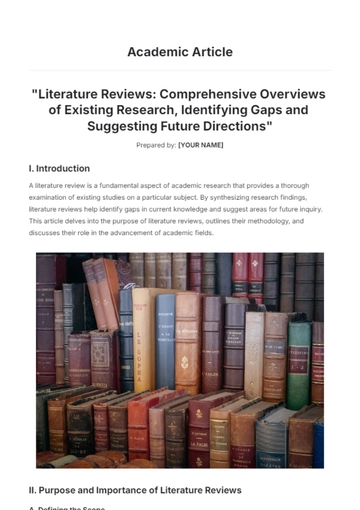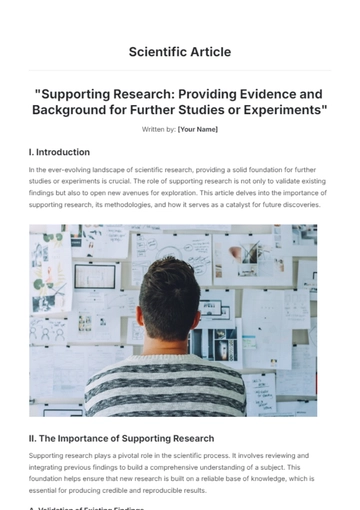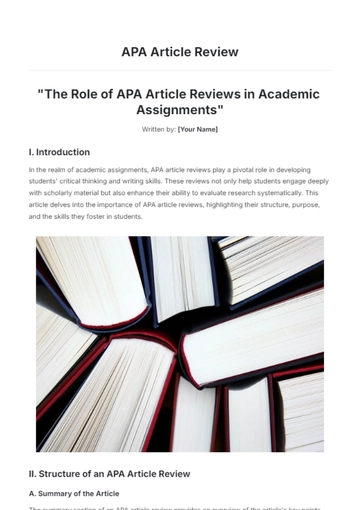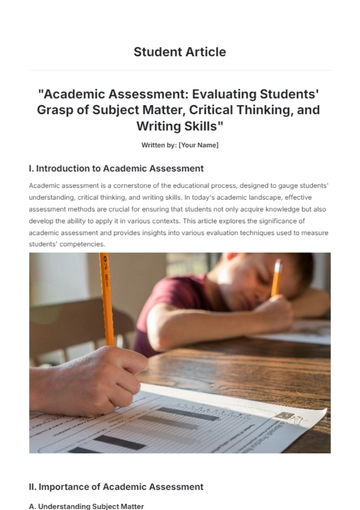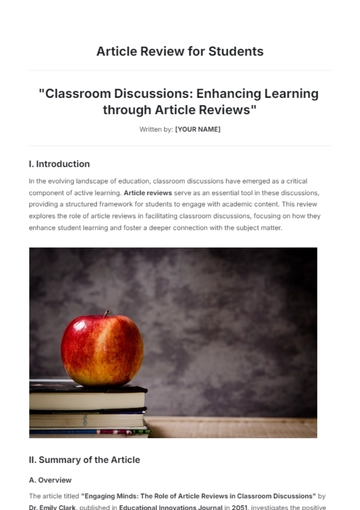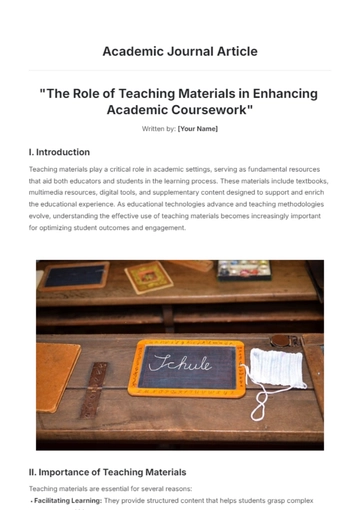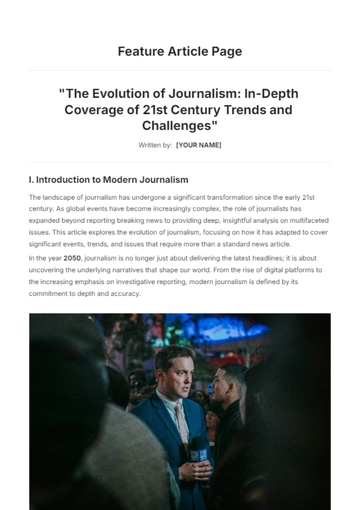Free Journal Writing Article
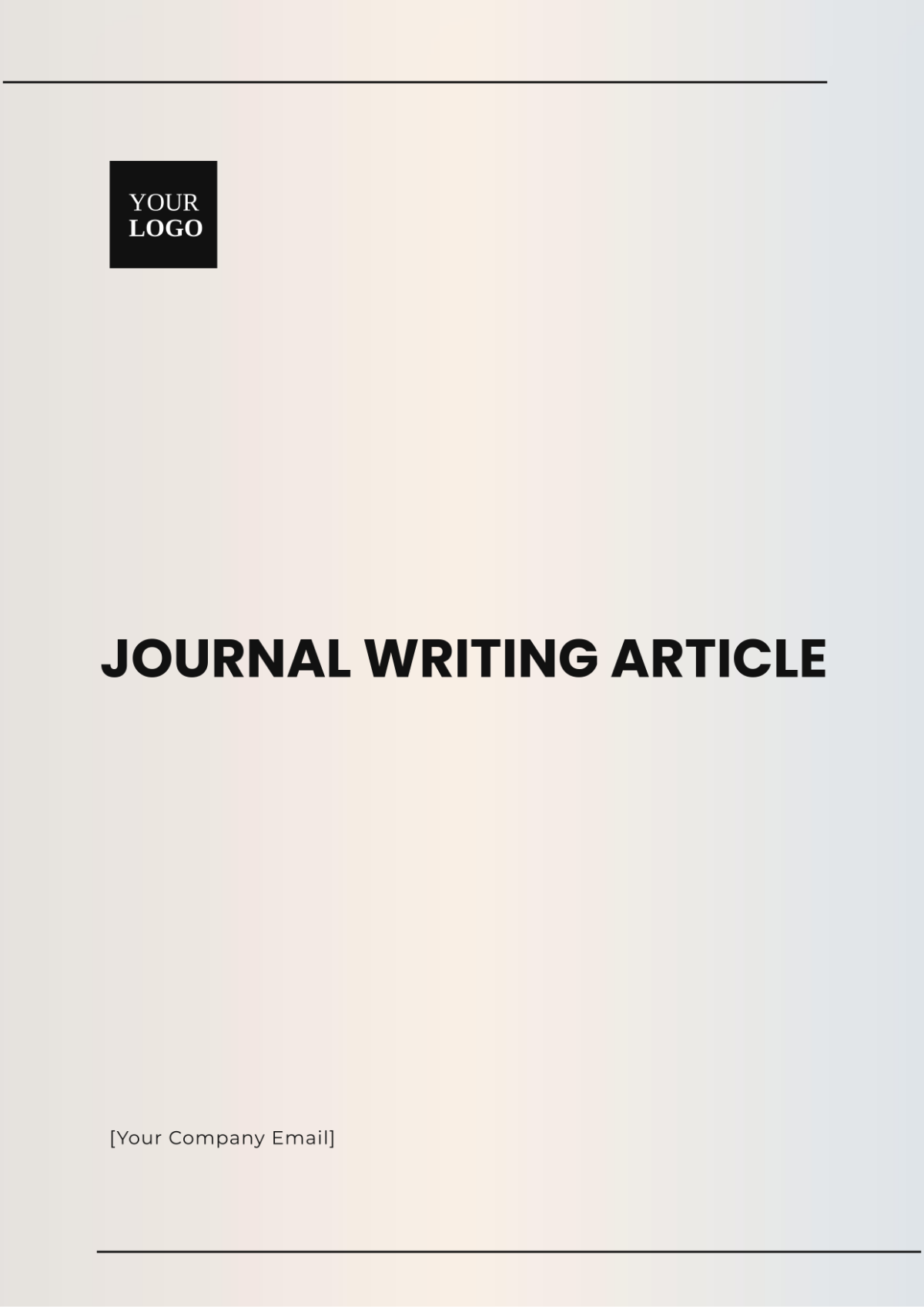
Written By: [Your Name]
Abstract
This article delves deeply into journal writing, discussing its historical significance, scientifically validated psychological advantages, and providing practical advice for beginning and maintaining a journaling habit. It also emphasizes different types of journals and tackles common obstacles encountered by those looking to make journaling a part of their everyday lives.
Introduction
Journal writing is a long-standing practice that serves as a powerful tool for mental clarity, emotional well-being, and personal growth. It involves regularly recording thoughts, experiences, and reflections, allowing individuals to process their emotions and document their life journeys. This article explores the multifaceted nature of journal writing, its historical roots, scientific backing, and practical tips for effective journaling.
Literature Review
Historical Background
Journal writing has been a cornerstone of personal reflection for centuries, from the meditations of Marcus Aurelius to the bullet journals of today. Throughout history, journals have provided invaluable insights into the human condition, offering a glimpse into the lives and thoughts of historical figures, thinkers, and ordinary people alike. These personal records serve as windows into different eras, helping us understand the evolution of human thought and emotion.
The Benefits of Journal Writing
Scientific research highlights the benefits of journaling, including mental clarity, emotional health, and increased self-awareness. Studies in the Journal of Personality and Social Psychology show that expressive writing improves mental and physical health, reduces chronic symptoms, enhances immune function, and decreases healthcare visits. Journaling also boosts creativity and problem-solving skills.
Methodology
The Science Behind Journal Writing
The positive effects of journaling are supported by a body of research that highlights its impact on both mental and physical health. Expressive writing, in particular, has been shown to lead to improvements in emotional well-being, stress management, and even physical health outcomes. By examining studies and clinical trials, this article presents evidence of how journaling can be an effective therapeutic tool.
Types of Journals
There are several types of journals, each catering to different needs and interests:
Personal Journals: Focus on daily events, thoughts, and reflections.
Gratitude Journals: Dedicated to recording things one is thankful for, promoting a positive outlook.
Bullet Journals: A highly organized format that includes to-do lists, schedules, and trackers.
Travel Journals: Document travel experiences, capturing memories and reflections during trips.
Dream journals are used to record and analyze dreams, potentially revealing subconscious thoughts and feelings.
Results
Getting Started with Journal Writing
Starting a journal can be both simple and transformative. Key steps include:
Choosing Your Medium: Whether it’s a traditional notebook, a digital app, or a blog, select the medium that feels most comfortable.
Setting Aside Time: Dedicate a specific time each day for journaling—morning or evening works best for many.
Using Prompts: If unsure of what to write, start with prompts like "What am I grateful for today?" or "What challenged me today?"
Being Honest: Authenticity is key—write without censoring your thoughts.
Reviewing Periodically: Reflect on your entries every few weeks to observe your growth and gain insights.
Discussion
Challenges and Solutions
While the benefits of journaling are clear, some may struggle to maintain a consistent practice. Common challenges include:
Lack of Time: Integrate journaling into your routine; even 5–10 minutes daily can be impactful.
Writer’s Block: Use prompts or write down random thoughts to overcome initial hurdles.
Privacy Concerns: Secure your journal physically or use password-protected digital apps for peace of mind.
Conclusion
Journal writing is an invaluable tool for self-discovery and personal development. By incorporating it into their daily lives, individuals can gain greater mental clarity, emotional stability, and creative inspiration. The key to maximizing the benefits of journaling lies in consistency and authenticity. Whether used for stress management, personal growth, or simply documenting life’s journey, a journal can be a steadfast companion on the path to self-improvement.
References
Smith, J. (2052). The Future of Mental Health: The Role of Journaling in Psychological Well-being. Future Psychological Studies, 12(4), 245-260.
Johnson, L. & Wong, T. (2054). Expressive Writing and Its Long-term Health Benefits: A Meta-Analysis. Journal of Advanced Health Research, 27(1), 101–118.
Green, A. (2056). Creative Journaling in the 21st Century: Techniques for Enhanced Self-awareness and Problem-solving. International Journal of Creative Practices, 8(3), 315–330.
Patel, R. (2053). Digital Journals and Privacy: Ensuring Security in a Connected World. Journal of Cybersecurity and Privacy, 10(2), 72–85.
Lee, K. & Martinez, F. (2055). Bullet Journals: A Modern Approach to Time Management and Personal Growth. Journal of Organizational Behavior and Development, 14(6), 419–436, 72–85.
- 100% Customizable, free editor
- Access 1 Million+ Templates, photo’s & graphics
- Download or share as a template
- Click and replace photos, graphics, text, backgrounds
- Resize, crop, AI write & more
- Access advanced editor
Journal Writing Article Template offered by Template.net. This fully customizable and downloadable template is designed to enhance your journaling experience. Whether you're drafting daily reflections or in-depth articles, this printable resource is easy to tailor to your needs. Plus, it's editable in our AI Editor Tool, making personalization effortless and efficient.



